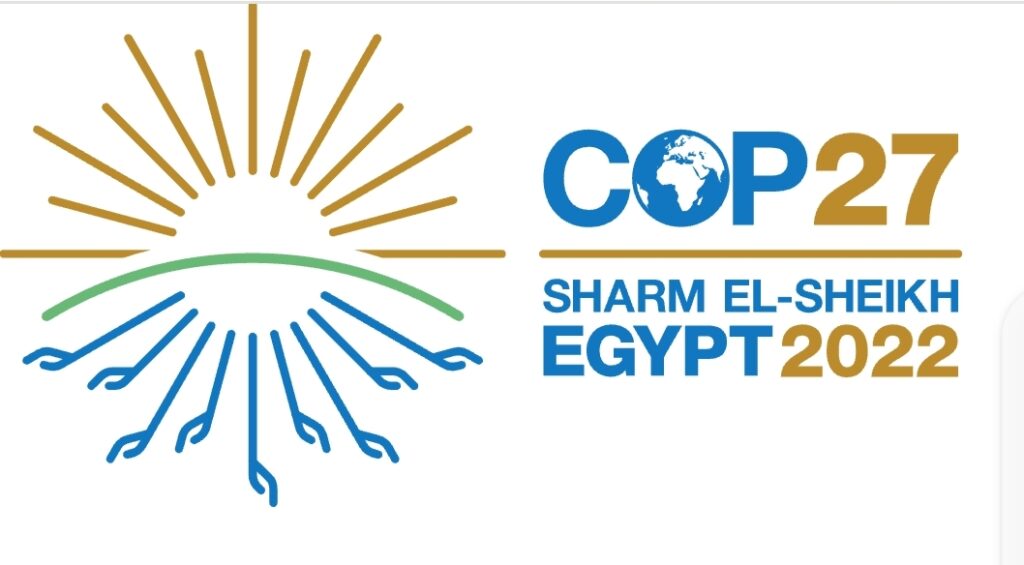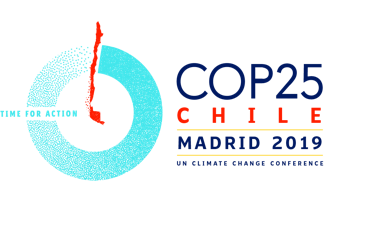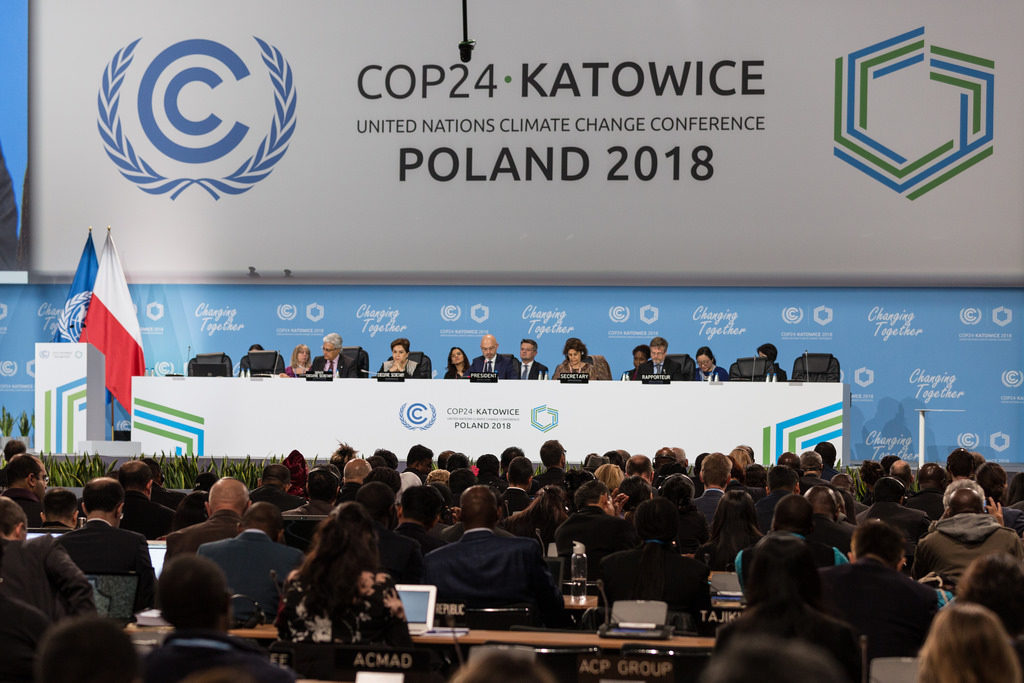What Can We Expect From COP27?

As every year, November will be another high season for international climate politics – with the 27th Conference of the Parties – the COP27 – starting next week. From November 7 to 18, delegates of all nations from the UNFCC will gather in Sharm El Sheikh, Egypt, to discuss how to proceed with international climate […]
Why Don’t We Act Now? The discrepancy between climate change awareness and action

The 6th IPCC Report of Working Group 3 was published just about two months ago, on April 4, and stated once more and in further detail the urgency to mitigate climate change. As known, the Intergovernmental Panel on Climate Change (IPCC) consists of politicians and scientist of the United Nation, grouped in three working groups […]
Down to Earth 2019: Ergebnisse aus der Deutschland-Befragung zum Klimagipfel in Madrid
Wie schon 2015 und 2018 haben wir auch in diesem Jahr während der Klimakonferenz eine deutschlandweite Online-Befragung durchgeführt. Die Befragung gehört zum Forschungsprojekt Down2Earth, geleitet von Michael Brüggemann an der Universität Hamburg, in dem wir Einstellungen, Mediennutzung, Wissen und Handeln der Menschen zu den Themen Klimawandel und Klimapolitik untersuchen. Einstellungen zu Klimawandel und Klimapolitik Im […]
‘Tis the season again: COP25 in Madrid has started

The last month of the year has begun, Christmas decorations are taking over the cities, and another climate conference has started.
How misinformation persuaded my neighbor, and why I chose not to “educate” him

Recently I chatted to my neighbor and we happened to stumble upon the topic of climate change. He told me: “I don’t think the earth is really heating up, big changes don’t happen so fast. This so-called warming effect is physically not plausible, even many scientists say so – I learnt about that when I […]
New article published: Climate politics in the media – the audience is expecting more
In an article for the German journal “Media Perspektiven”, we analysed our survey data from 2015 and 2018, focusing on media use and evaluation of the coverage related to the topic of climate change and climate politics. The article is available here (open access, German only). In einem Artikel für die Fachzeitschrift “Media […]
COP24 – Paris 2.0?! Well, no.

“The Conference of the Parties, Recalling the Paris Agreement, adopted under the Convention, Also recalling decisions 1/CP.21, 1/CP.22, 1/CP.23, 1/CMA.1 and 3/CMA.1, Further recalling decisions 6/CP.1, 6/CP.2, 25/CP.7, 5/…” [1] This is how ‘good’ stories start these days… if we consider ‘good’ to be the mere existence of a final document. In this light, on […]
First results of our new survey

During the first week of the recent COP 24 in Katowice/Poland, we reran our survey from 2015 and questioned a sample of German nationals about their climate change knowledge and attitudes. The German newspaper DIE ZEIT published an article about our first results – here is a summary for our English speaking readers:
Coal vs. goals: unfortunate choice of decoration undermines credibility of negotiations at COP24

Efforts of the 24th Conference of the Parties (COP24) to the United Nations Framework Convention on Climate Change (UNFCCC) taking place in Katowice, Poland, between December 2nd and 14th are being overshadowed, quite literally, by a cloud of coal enveloping the conference center, which is located just 3 miles from the Wujek coal mine. Following […]
“Paris 2.0”? Why we are planning to rerun our survey from 2015
During this year’s climate conference in Katowice (Poland), we are going to rerun our Down to Earth quantitative survey from December 2015. By surveying another national German quota sample three years after our initial study, we want to examine long-term effects: Did the Germans’ knowledge or attitudes towards climate politics change in the meantime? How […]
